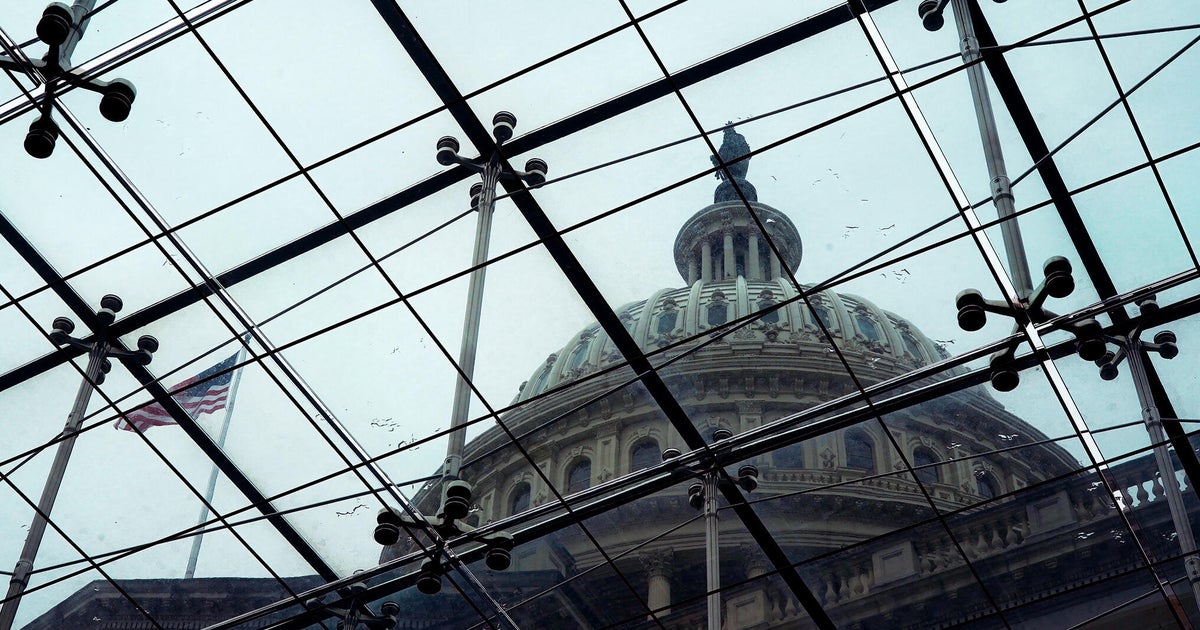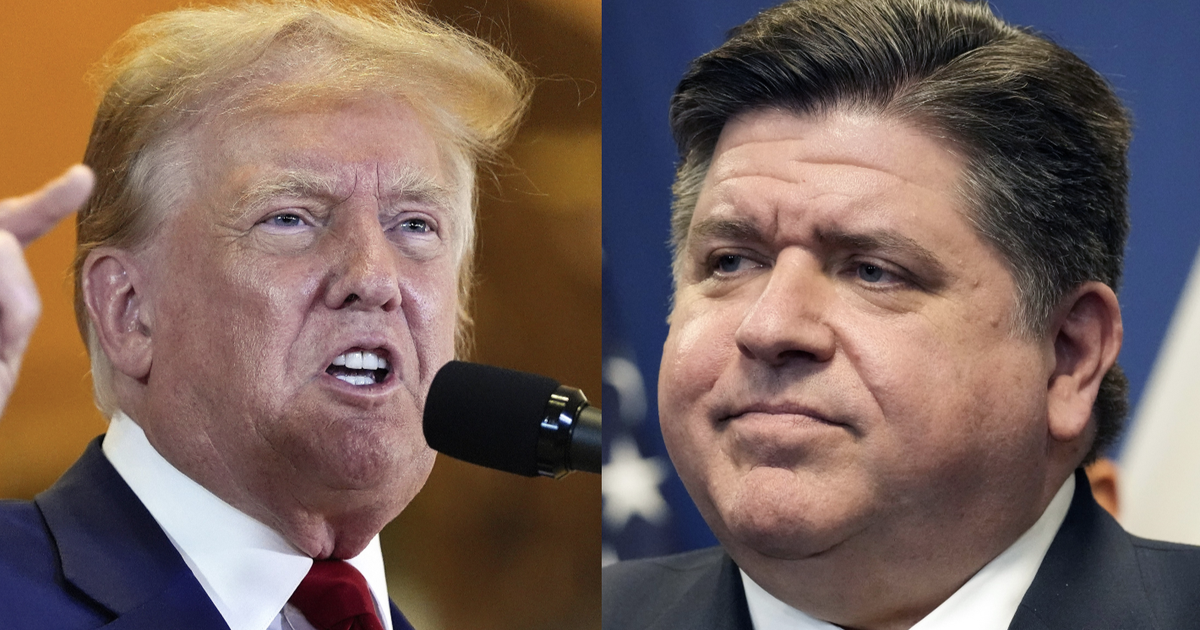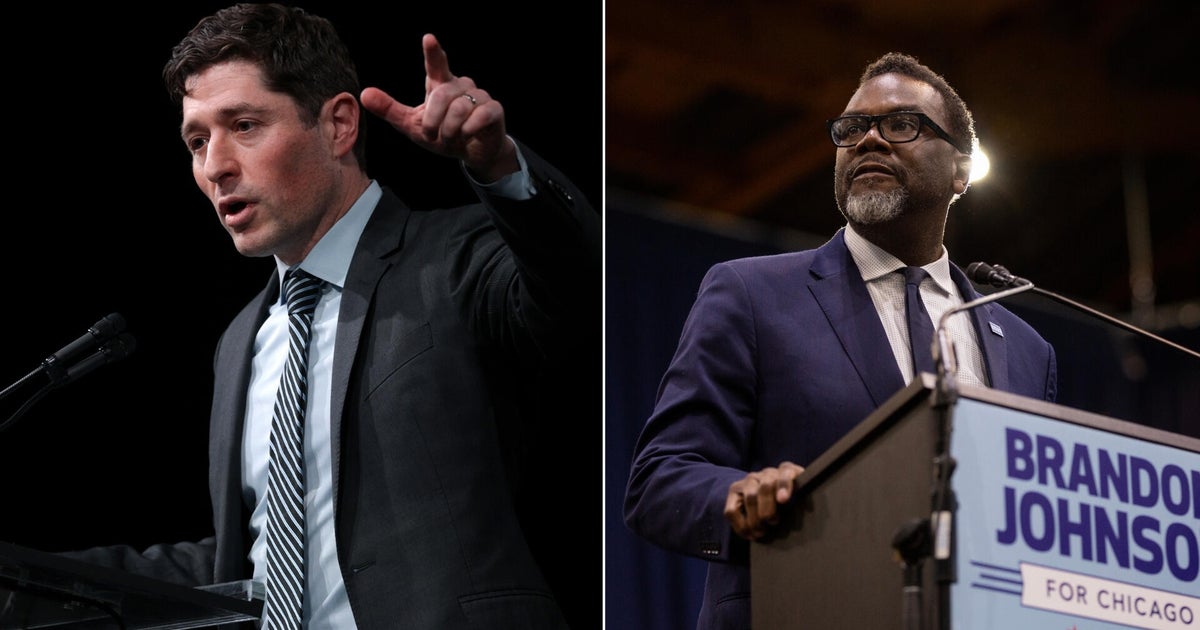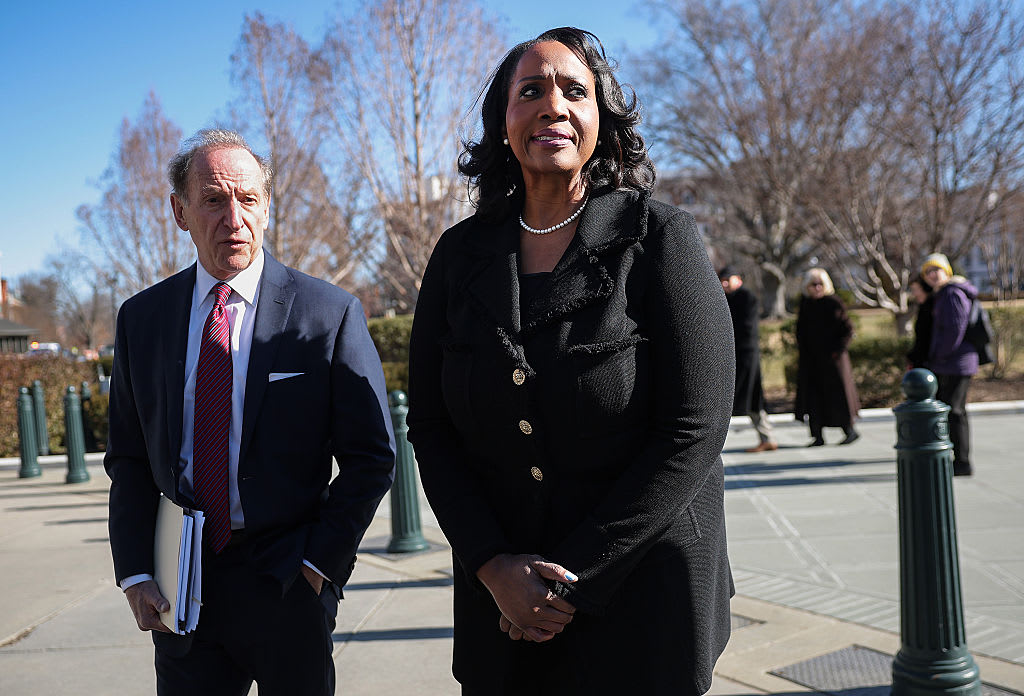Ex-Fed official says central bank should stop enabling Trump
A former top Federal Reserve official suggested Tuesday that the Fed should avoid responding to the effects of President Donald Trump's trade war with China and even consider how its actions might affect Trump's re-election prospects — an argument that drew an unusual rejection from the Fed.
William Dudley, former president of the Fed's New York regional bank, argued in a Bloomberg Opinion piece that if the Fed were to accommodate the president — by further cutting interest rates, for example — it could lead him to escalate his trade war and elevate the risk of a recession.
"This manufactured disaster-in-the-making presents the Federal Reserve with a dilemma: Should it mitigate the damage by providing offsetting stimulus, or refuse to play along?" Dudley wrote.
His most dramatic suggestion was for the politically independent Fed to consider Trump's re-election prospects in formulating its policies.
"Trump's re-election," Dudley wrote, "arguably presents a threat to the U.S. and global economy, to the Fed's independence and its ability to achieve its employment and inflation objectives. If the goal of monetary policy is to achieve the best long-term economic outcome, then Fed officials should consider how their decisions will affect the political outcome in 2020."
The Fed issued a response asserting that it is determined to remain apolitical.
"The Federal Reserve's policy decisions are guided solely by its congressional mandate to maintain price stability and maximum employment," said spokeswoman Michelle Smith. "Political considerations play absolutely no role."
In his opinion piece, Dudley argued that if the ultimate goal is a healthy economy, then the Fed should consider deciding against further rate cuts if those cuts would be intended to counter damage from Trump's trade war.
"What if the Fed's accommodation encourages the president to escalate the trade war further, increasing the risk of a recession?" Dudley asked. "The central bank's efforts to cushion the blow might not be merely ineffectual. They might actually make things worse."
Dudley acknowledged that his proposal defies the conventional belief that the Fed should take no positions on policy matters that are normally handled by the president and Congress and should remain ready to cushion the economy from any damage from those policies.
But he said he believes that Chairman Jerome Powell, in a speech Friday to central bankers in Jackson Hole, Wyoming, might have hinted at a change in approach.
"He noted that monetary policy cannot 'provide a settled rulebook for international trade,'" Dudley said. "I see this as a veiled reference to the trade war and a warning that the Fed's tools are not well-suited to mitigate the damage."
Dudley said that by taking a harder line on future rate cuts, the Fed would discourage Trump from further escalation of his trade war with China by increasing the costs of such a move. He said it would also reassert the Fed's independence by distancing itself from the administration's policies and conserve much-needed ammunition in the form of future rate cuts if the economy slows further.
Dudley, who was the No. 2 official on the Fed's rate-setting panel from 2009 until he stepped down last year, is a senior research fellow at Princeton University's Center for Economic Policy Studies.
Richard Fisher, a former president of the Fed's Dallas regional bank, said he thought Dudley's proposal would move the Fed too far outside its established role. Fisher said in a CNBC interview that he thought Powell and other Fed officials should instead state more forcefully that any rate cuts might be unable to counter all the uncertainties created by Trump's trade wars.
Trump himself, who last week asserted that Powell was an "enemy," kept up his own attacks on the central bank Tuesday, tweeting that the Fed "loves" the troubles U.S. manufacturers are facing.
The president's tweet was his latest public effort to pressure the central bank to lower interest rates dramatically. The Fed cut rates by a quarter-point last month and is expected to do so again in September. But Trump has been demanding much more aggressive cuts of a full percentage point to counteract the four rate hikes the Fed delivered last year.
In his tweet Tuesday, Trump said, "The Federal Reserve loves watching our manufacturers struggle with their exports to the benefit of other parts of the world."
The president has repeatedly argued that the Fed's failure to cut U.S. rates more quickly is making the dollar too strong against other currencies and thus hurting American exporters — an argument most economists find fault with.
"I disagree with the president that a weak dollar is necessary good for the U.S. economy," said Sung Won Sohn, business economist at Loyola Marymount University in Los Angeles. "To me a strong dollar is a report card which says the U.S. economy is doing well. If you look at countries with weak currencies, they are the ones having trouble economically."



